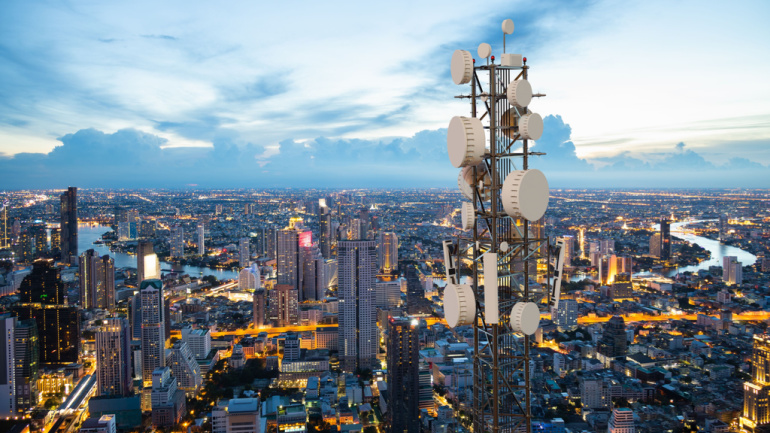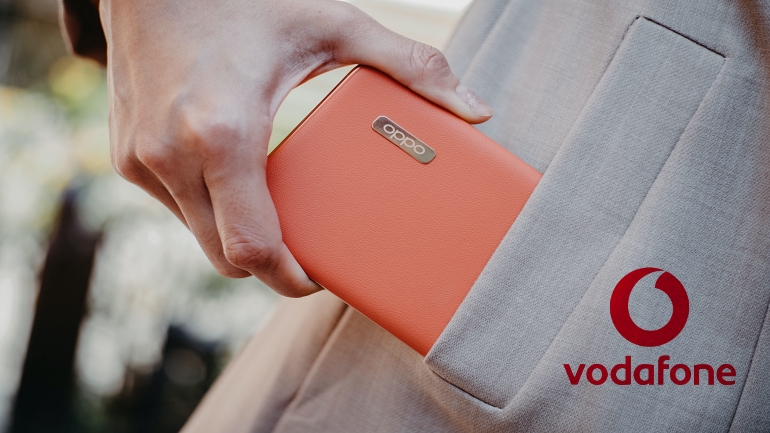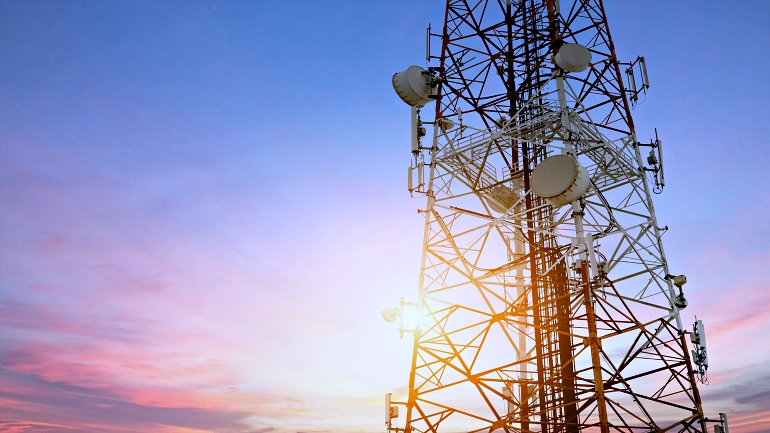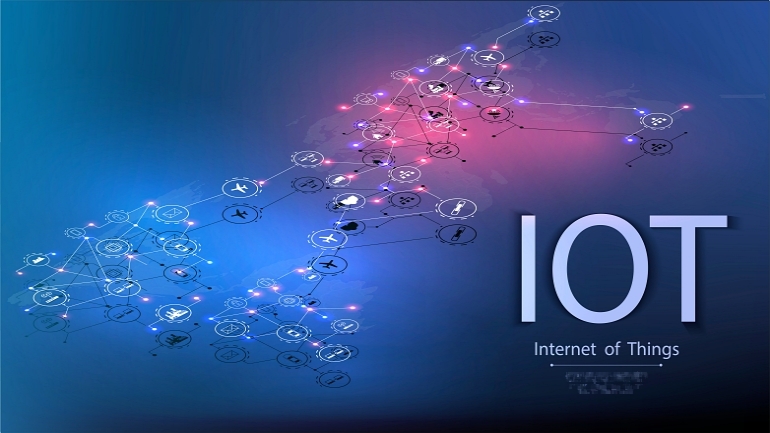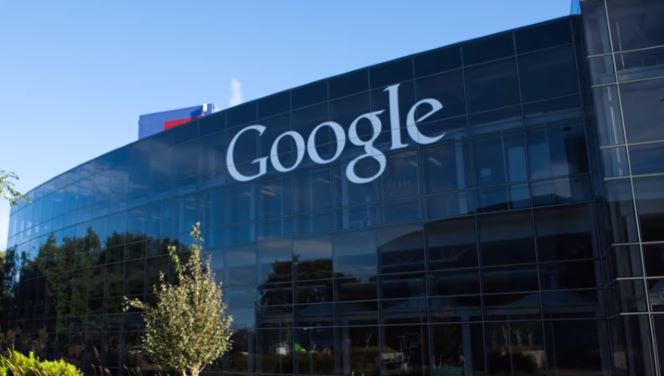The European Commission has approved a joint venture founded by several of Europe’s leading telecommunications providers, including Deutsche Telekom, Orange, Telefónica and Vodafone. The goal of this partnership is to create a revolutionary type of digital advertising platform that will offer a technology solution for digital advertising, while putting privacy first. The holding company, which will be headquartered in Belgium and managed independently, will include a 25% ownership position from each of the major telecom companies. The platform was created with the General Data Protection Regulation (GDPR) of the European Union in mind, and it has already undergone successful testing in Germany. The platform will be made accessible to any operator in Europe. To activate messages from marketers via publishers, consumers must explicitly opt-in to the new platform. The only item communicated is a “pseudo-anonymous digital token” that cannot be reverse-engineered. With improved transparency, protection and supervision over…
The SHEFA-2 underwater cable, which connects the Faroe Islands to Scotland’s mainland through the Shetland and Orkney Islands, suffered damage in two separate instances last week, rendering much of the island without Internet access. In separate events, three critical subsea cables linking Marseille to Lyon, Milan and Barcelona were deliberately severed in the south of France, according to the cable’s operator, affecting internet service for consumers in Europe, Asia and the United States. Cloud service providers worked quickly to repair the backbone infrastructure. According to a report by the cloud security company Zscaler, the unanticipated cable damage caused packet loss and increased latency for websites and apps transiting the damaged pathways. While the French authorities believe sabotage occurred, their Scottish colleagues are still unsure of what actually severed the wires. “We expect it will be fishing vessels that damaged the cable but it is very rare…
According to the GSMA’s most recent report on the state of the mobile sector in Europe, challenging market circumstances will have a detrimental influence on 5G adoption, with Digital Decade targets endangered by slower 5G deployment compared to rival global markets. The GSMA noted that 34 European markets had 5G service available as of the end of June 2022, with 108 providers providing commercial services and a user adoption of about 6%. Norway has the highest rate of 5G adoption at 16%, although there is also growth in Switzerland (14%), Finland (13%), the UK (11%) and Germany (10%). According to the Association, average 5G penetration will reach 44% by 2025, with the United Kingdom and Germany predicted to lead with 61% and 59% respectively. Nevertheless, GSMA researchers observed that even these nations were likely to lag behind global counterparts such as South Korea, which is expected to have…
Five of Europe’s leading mobile operators – Deutsche Telekom, Orange, Telefónica, Telia and Vodafone – have teamed up to update and launch a new industry-wide Eco Rating system and motivate vendors to minimize the impact that their devices have on the environment. The Eco Rating labelling scheme is designed to supply detailed and accurate information to retailers on the effects that manufacturing, usage, transportation and disposal of smartphones have on the environment. This Eco Rating will encourage operators and customers to rate phones more extensively and underline the need for more sustainable electronic devices. From June 2021, mobile operators will start introducing Eco Rating at points of sale in 24 European countries, including the UK. The labeling system will label phones with scores to show how ecological and environment friendly the appliances are in their lifecycle. The score will be from 0 to 100, the higher the score,…
The European Commission (EC) has appointed Nokia, a Finnish international telecommunications, information technology and consumer electronics company, to supervise Hexa-X, a primary 6G research project aimed at boosting the continent’s progress in developing the technology. The two-and-a-half-year Hexa-X initiative was funded by Horizon 2020, the EU’s research, and innovation program, and will start on January 1, 2021. The project is aimed at connecting the physical, digital and human worlds, firmly embedded in future wireless technologies. The project is led by Nokia, which coordinates the efforts, with Ericsson being assigned as the technical manager. The partners in the consortium are from academia and industry, including service providers, network providers and European research institutes. The partners include Orange, TIM, Telefonica, Intel and Siemens. The Finnish service provider said in a statement that it expects 6G to become commercially operational by 2030, following a normal ten-year intergenerational cycle and taking…
The Chinese tech company OPPO, currently the second-largest smartphone manufacturer in its home country after Huawei, has announced a comprehensive partnership agreement with the UK-based telecom giant Vodafone. Under the deal, Vodafone will become an OPPO partner and bring its full-range of 4G and 5G smartphones to retail and online channels in Germany, the United Kingdom, Spain, Portugal, Romania, Turkey and the Netherlands. According to the announcement, the collaboration between the two companies will give customers more choice and accelerate 5G adoption in Vodafone’s international markets. Driven by strong growth ambitions, an innovative product portfolio and advanced 5G technology expertise, the leading Chinese smartphone brand has been very successful in its domestic market. With annual handset shipments of more than 100 million units, OPPO believes that it is “a natural partner for Vodafone’s leading gigabit network”. Alen Wu, Vice President and President of Global Sales at OPPO, said, “OPPO…
Vodafone has made a move that could put an end to the global dominance of the three main telecom equipment providers – Huawei, Ericsson and Nokia – by starting trials on open access radio technology in the UK. The company is the first wireless carrier to run European tests of Open Radio Access Networks (OpenRAN), a cellular infrastructure technology that may increase the number of companies supplying telecom network equipment and assist in connecting more of the world’s most remote communities using lower cost systems. In a statement, Vodafone said that “the global supply of telecom network equipment has become concentrated in a small handful of companies over the past few years” and added that a wider choice of suppliers will increase flexibility and innovation, thus helping to address some of the cost challenges of internet services in rural communities. Telecom operators use RAN infrastructure, masts and antennae…
Global telecom operators AT&T, KPN, Orange and Swisscom have launched LTE-M roaming services across their respective IoT networks, thus enabling connected low power IoT devices to operate more efficiently on multiple networks in North America and Europe. This collaborative rollout of LTE-M networks is expected to accelerate the growth in the IoT market all over the world. In a statement, John Wojewoda, AVP of global connections management at AT&T, said, “More and more of our enterprise customers require global capabilities as they deploy IoT devices and applications. These LTE-M roaming agreements help meet that demand and make it easier for businesses around the world to benefit from the power of a globalized IoT.” Carolien Nijhuis, Director IoT at KPN, added, “The introduction of LTE-M creates many new possibilities for our partners, customers and prospects. Roaming with LTE-M has been one of the most requested features by our customers…
The global organization representing the interests of mobile network operators, GSMA, has called for European governments to “safeguard network security and competition” in the telecommunications infrastructure industry. The association has issued a warning to Europe to refrain from activities that would obstruct the use of certain equipment necessary for 5G mobile network development. According to the GSMA, “Actions that disrupt the equipment supply for the various segments of the network (access, transport and core) will increase costs to European operators, businesses and citizens; delay 5G deployment by years across Europe and potentially also jeopardise the functioning of existing 4G networks upon which 5G is intended to be built.” Although no specific company names are mentioned in the statement, the GSMA initiative highlights the industry’s significant endeavor to prevent the application of additional sanctions, similar to those announced by the United States and Australian governments on Chinese vendors Huawei…
In compliance with Europe’s General Data Protection Regulation (GDPR) which came into force earlier this year, Google is updating its Terms of Service and Privacy Policy. The company has started to notify European Economic Area (EEA) and Swiss users about the changes coming into effect on January 22, 2019. Google Ireland Limited, based in Dublin, will become the center responsible for consumer services, such as Search, Gmail, and Maps. The alterations to Google’s general Terms of Service are due to the replacement of the current service provider, Google LLC, based in the US. Similar changes are also being made in separate terms for Drive, Play, YouTube, and YouTube Paid Service. Furthermore, the Irish subsidiary will take over the responsibility for data control, and assume the legal liability for the information of EEA and Swiss users. “Google Ireland Limited becomes responsible for responding to requests for its user data, including from EU law…





